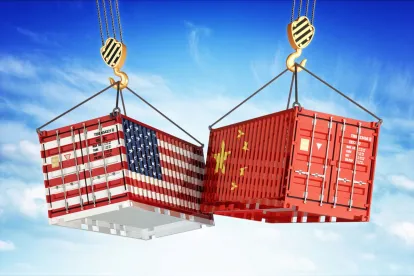The use of forced labor in the Xinjiang province of the People’s Republic of China continues to receive public scrutiny as more than one million Uyghurs and other ethnic minorities have been arbitrarily detained in reeducation camps in the region, and approximately 100,000 former detainees and rural poor are believed to have been forced to manufacture certain products. In response to reports about the situation, the Bureau of International Labor Affairs (ILAB) recently added five new categories of products manufactured in Xinjiang to the List of Goods Produced by Child Labor or Forced Labor (the List), including gloves, hair products, textiles, thread or yarn, and tomato products. A review of the ILAB publication describes the dreadful conditions in which the forced laborers in these industries are required to live and work.
The List identifies 155 goods from 77 countries, including 12 previously identified categories of products manufactured in China. Required under the Trafficking Victims Protection Reauthorization Act (TVPRA) of 2005, and subsequent reauthorizations, the List is intended to ensure that U.S. federal agencies do not procure goods produced as a result of forced or indentured child labor and to serve as a tool for companies seeking to assess risk and conduct supply chain diligence. Additionally, goods suspected to have been made by forced or child labor may be halted at the border by U.S. Customs & Border Protection (CBP), which may issue withhold release orders (WROs) to prevent the suspected products from entering the United States.
Although WROs are still rare as a tool for forced labor enforcement, the CBP may rely on the List and other sources of public information that reasonably indicates such products were made with forced or child labor. To obtain the release of shipments subject to a WRO, importers must demonstrate that the subject merchandise was not produced with forced labor, including, for example, by producing a supply chain audit report. This underscores the need for any company dealing in one or more of these products having a supply nexus to Xinjiang province to conduct a due diligence review of its supply chain to ensure that it is free of the forced labor identified and described in the ILAB publication.




 />i
/>i

